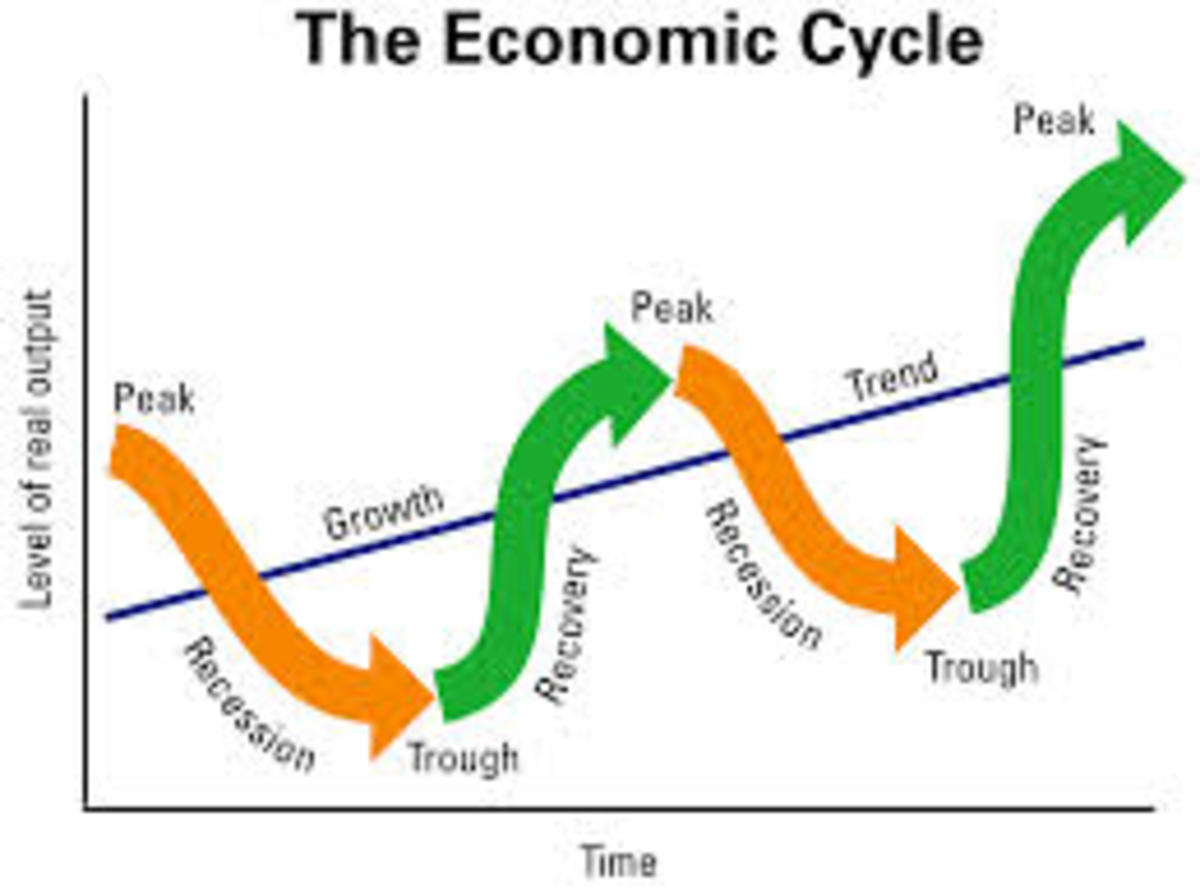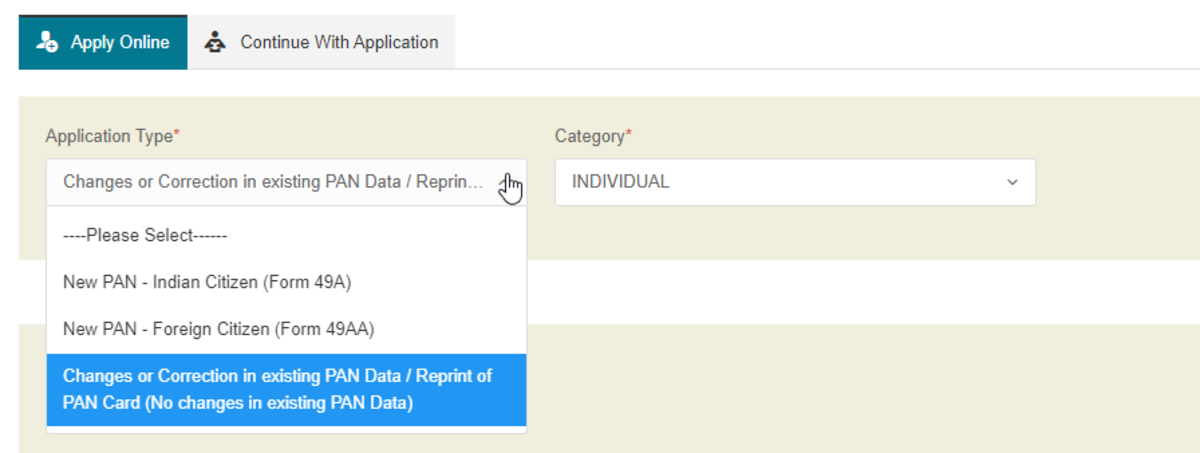How to Survive a Stock Market Downturn

Plan ahead for the worst so you're not caught short
Market downturns are scary events that often spook investors and even analysts. People will panic and sell some or even all of their stocks at a major loss. People will also start investing in other commodities, such as gold, silver, and even guns. Of course, it is imperative that one be cognizant of major profit losses by companies and government institutions. However, to simply start selling stocks because of personal panic over short-term losses is never a wise maneuver. In fact, it is when stocks are at their worst that you have the greatest advantage and can profit the most from investing when everyone else is dumping. Try implementing these three ideas to not only protect your portfolio from the recession, but to even make a profit during turbulent economic conditions.
1. Diversify your holdings. Many investors lost big during the 2001 market crash because they were heavily invested in "dotcom" and technology stocks and had no holdings in other industries (e.g., defense). Don’t create a stock portfolio that is heavily weighed in tech, biotech or e-commerce. Similarly, don't pour all your money into companies like Johnson & Johnson, International Paper and Coca-Cola; you might not lose too much of your money during a panic, but you might also miss out on meteoric stock price rises, such as was the case for companies like AOL, Microsoft, Starbucks and even Netflix. Instead, distribute your holdings amongst several "tried-and-true" companies, 1-2 start-ups with lots of promise, and several middle-of-the-road companies in 4-5 different industries. Consider adding options too, since options pay periodically and can help you maintain liquidity when markets start falling.
2. Save your money for "sales". Don't spend every last dime of your cash on stocks and other investments; instead, keep some money around in the event that a stock you've been following suddenly drops and goes on "sale". This is the ideal time to snap up cheap stock shares- but you won't be able to if you're entirely invested. Don't miss out on genuine sale opportunities by being strapped for cash. Of course, the caveat to this piece of advice is that you should always understand why a company's stock price has suddenly dropped; did it drop because of bad business practices and/or a profit loss, or was it because of a stupid scandal that will blow over in a month? Be sure you know the reason for the sale before you throw your money at it.
3. Invest in dividend stocks. Regardless of whether your stocks are up or down, you must pay your utility bills, mortgage/rent, etc. If you are in need of cash and must sell depreciated stock in order to cover your expenses, you lose money. However, dividend-paying stocks regularly deposit cash into your investment account, cash that you can draw from should you suddenly need it to pay bills. Because dividend-bearing stocks produce cash on a regular basis, they are a great invesment tool to have in the event of a financial emergency. Likewise, if you don't need the cash, you can always use it to purchase additional shares of that same dividend-bearing stock. Such a maneuver, which is known as dividend reinvestment, allows you to lower the overall cost per share of your initial stock investment. Many brokers allow automatic dividend reinvestment for no additional charge through plans known as DRIPs (dividend reinvestment plans). DRIPs are a great way to build up your investment portfolio while dollar cost-averaging your initial stock purchase: For example, if you initially paid $9.00/share for a stock share and the company pays out a dividend of $0.05/share every month on that stock, you lower your original purchase price by 5 cents every time the dividend is distributed. After a year's time of holding that stock, you have effectively paid only $8.40/share ($9.00 - ($0.05 x 12) = $8.40).
Of course, no investment strategy is without risk. However, if you diversify your investments and maintain a varied stock portfolio, you are bound to minimize your losses during major economic upheavals, including recessions. Likewise, by keeping additional cash on hand, you can quickly take advantage of occasional investment deals. Lastly, by earning a regular dividend from some of your stocks, you generate passive income that can help you pay for financial emergencies and the expected costs of living.
Additional investment reading:









